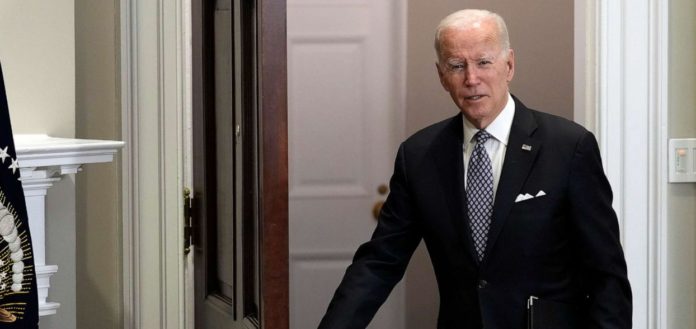President Joe Biden threatened oil companies with a “windfall” tax Monday and accused them of “war profiteering”.
What did Biden say?
Biden, speaking at the White House accused oil companies, of making “outrageous” profit, which he linked to the exploitation in Ukraine.
Biden stated that oil companies must reinvest their profits to reduce oil prices.
Biden stated that if they don’t, they will have to pay higher taxes on excess profits and be subject to other restrictions. It’s time for these corporations to stop war profiteering and fulfill their responsibilities towards this country. They should also give the American people a break while still doing very well.
In fact, the U.S. isn’t at war.
Biden also claimed that Americans would pay at least 50 cents per gallon less if oil companies weren’t profiteering. Biden did not offer any evidence to support this claim.
What was the reaction?
Larry Summers, a former Treasury secretary, who was in both the Clinton and Obama administrations predicted that Biden’s windfall tax would backfire.
“I don’t understand why there should be a tax on windfall profits in energy companies,” Summers said. Summers stated that if you lower profitability, you will discourage investments which is the opposite goal of our objective.
He stated that if it’s a fairness argument, then I don’t understand the logic because Exxon has outperformed the overall stock market over the past 5 years even with its windfalls.”
Summers noted that the oil industry is extremely volatile.
Biden, for instance, emphasizes industry’s current profits. However, the five largest oil companies — ExxonMobil (BP), Shell, Chevron and TotalEnergies – lost $76 billion in 2020. Biden did not mention this.
In response to Biden, the American Petroleum Institute stated that the price of oil at the pump is not controlled by the oil industry.
Mike Sommers, API CEO and president, stated that oil companies don’t set prices – global commodities markets do.”
The Federal Reserve of Dallas has explained to economists why high gas prices are not caused by oil companies. Their calculations show that less than 60% of gas prices are directly linked to oil prices. Oil refining, distribution and taxes are other costs that contribute to the gas price.
Gas stations are responsible for setting the prices at the pumps.
The Dallas Fed stated that only 1% of U.S. service stations are owned by oil companies, and therefore the U.S. oil industry cannot control retail gasoline prices.




